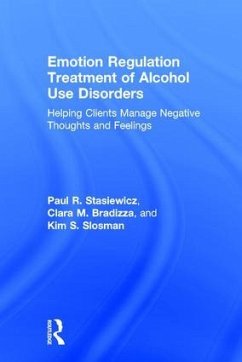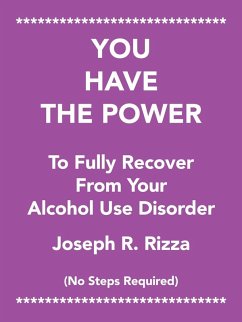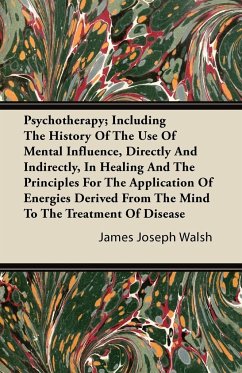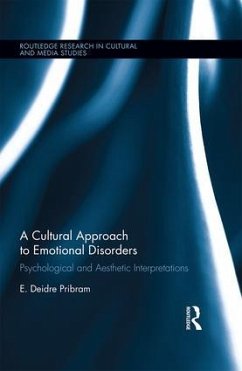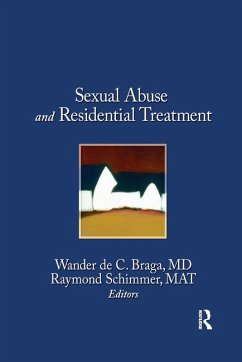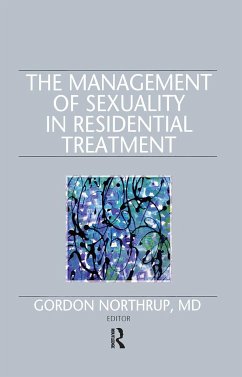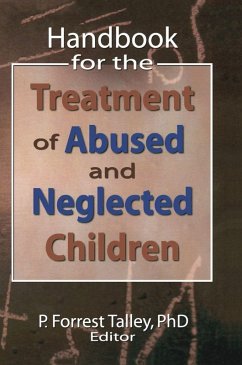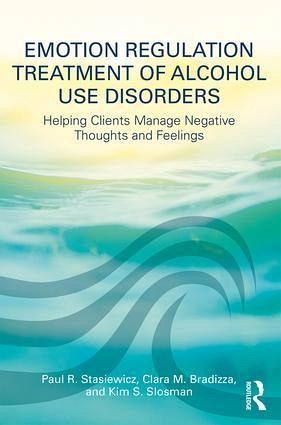
Emotion Regulation Treatment of Alcohol Use Disorders
Helping Clients Manage Negative Thoughts and Feelings
Versandkostenfrei!
Versandfertig in 1-2 Wochen
53,99 €
inkl. MwSt.
Weitere Ausgaben:

PAYBACK Punkte
27 °P sammeln!
Emotion Regulation Treatment of Alcohol Use Disorders provides step-by-step, detailed procedures for assessing and treating emotion regulation difficulties in individuals diagnosed with an alcohol use disorder (AUD). The Emotion Regulation Treatment (ERT) program, consisting of 12 weekly sessions, combines an empirically supported cognitive-behavioral treatment with emotion regulation strategies to help clients manage negative emotions and cravings for alcohol. This therapist guide contains all the materials needed for the clinician to implement the program, including session outlines, detaile...
Emotion Regulation Treatment of Alcohol Use Disorders provides step-by-step, detailed procedures for assessing and treating emotion regulation difficulties in individuals diagnosed with an alcohol use disorder (AUD). The Emotion Regulation Treatment (ERT) program, consisting of 12 weekly sessions, combines an empirically supported cognitive-behavioral treatment with emotion regulation strategies to help clients manage negative emotions and cravings for alcohol. This therapist guide contains all the materials needed for the clinician to implement the program, including session outlines, detailed session content with suggestions for therapist dialogue, and client assignment for between-session skill practice. It is also designed to be used with the accompanying client workbook Managing Negative Emotions Without Drinking, which includes educational materials, handouts, worksheets, and between-session skill practice. ¿





